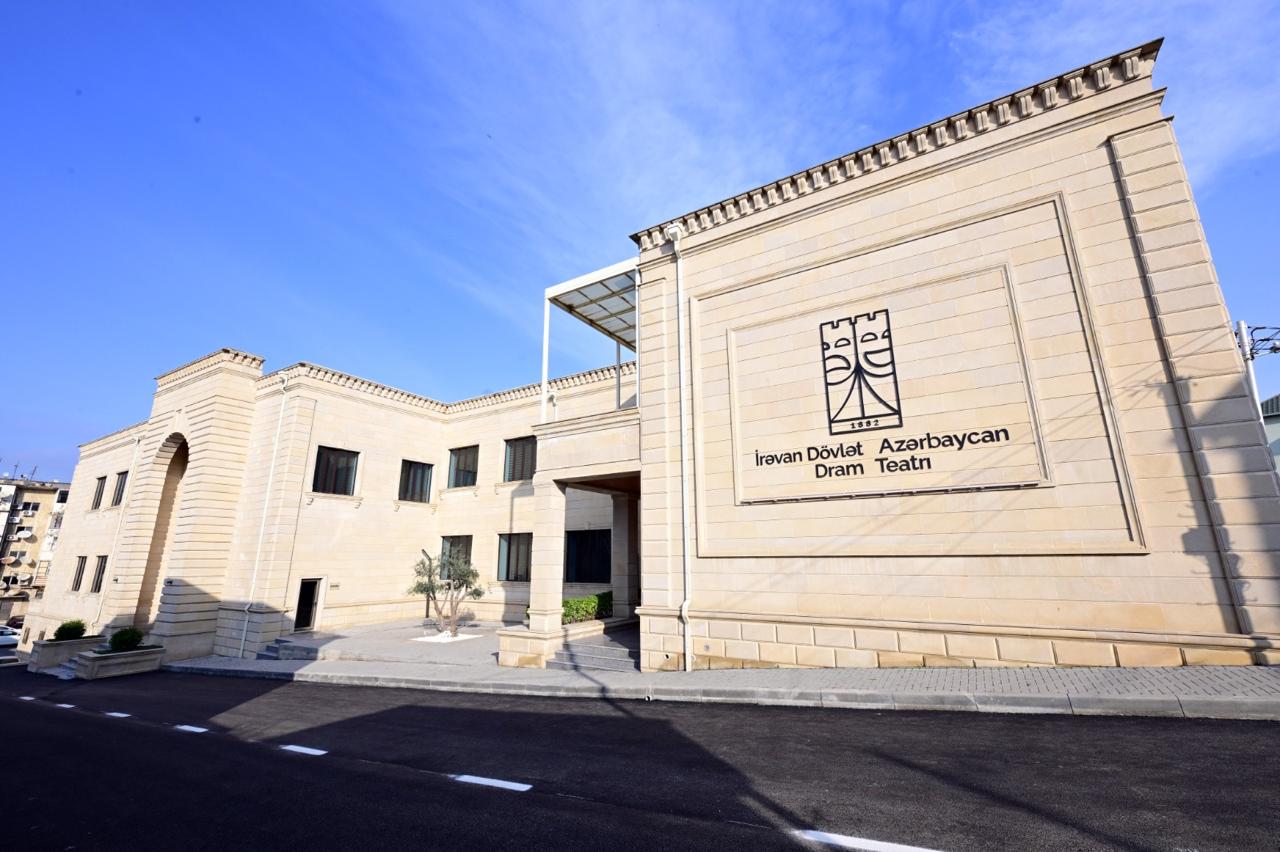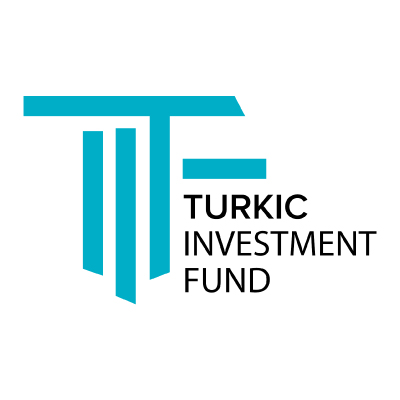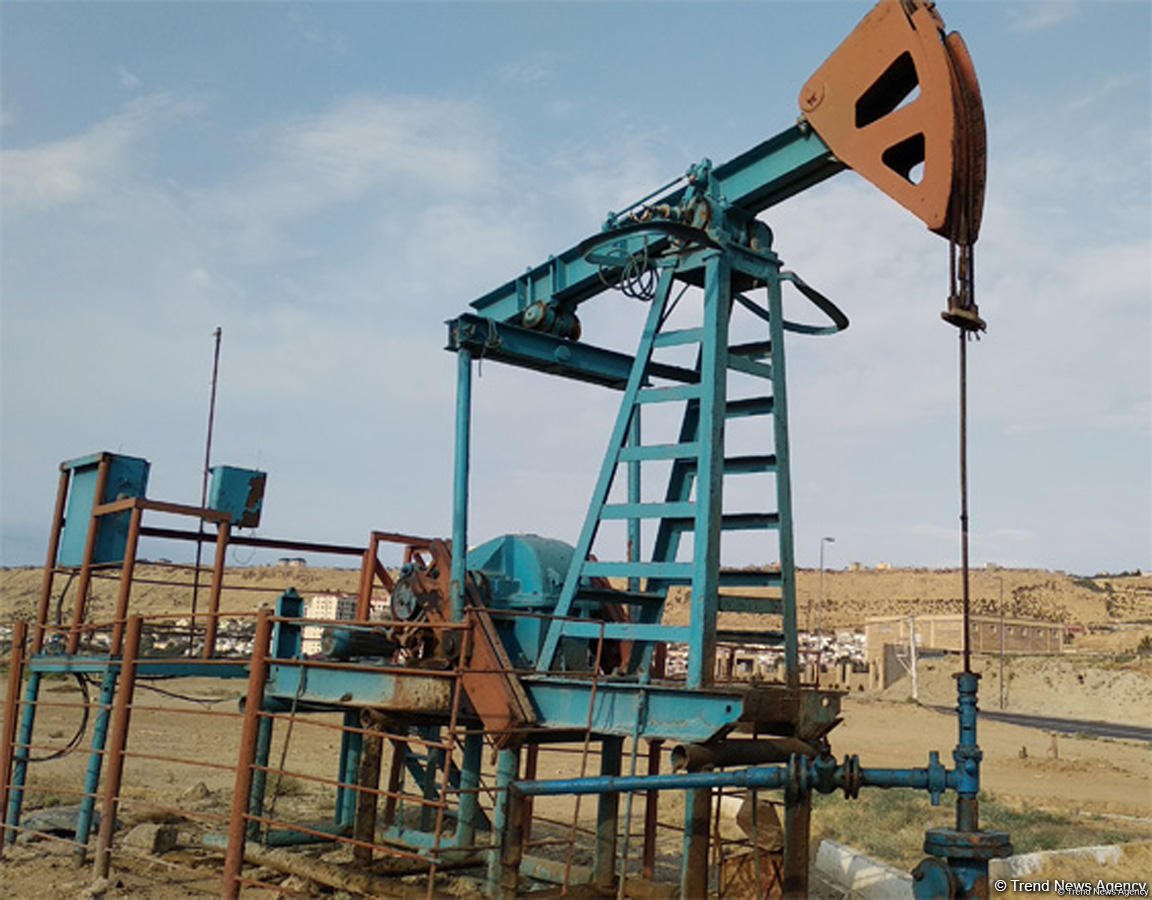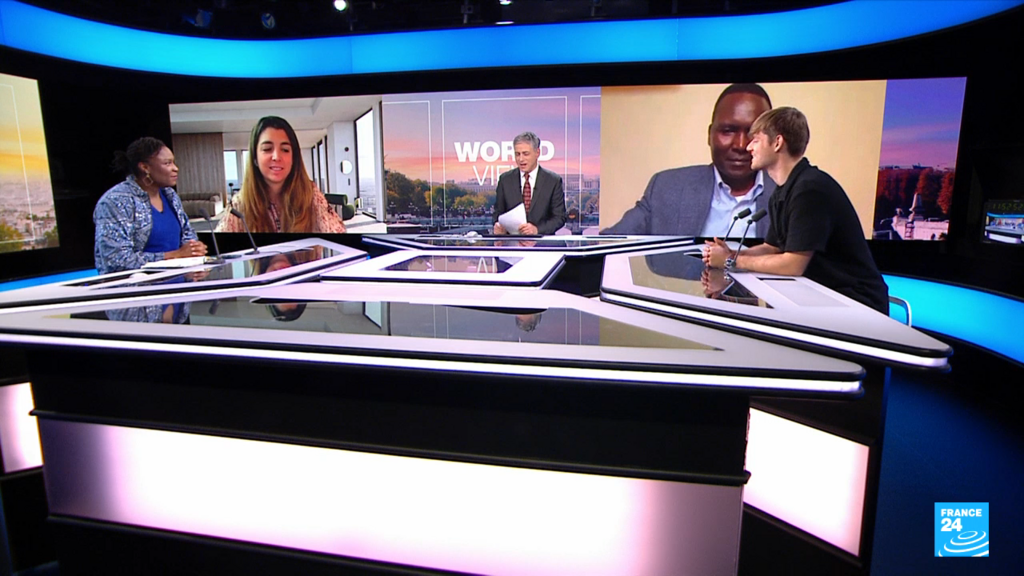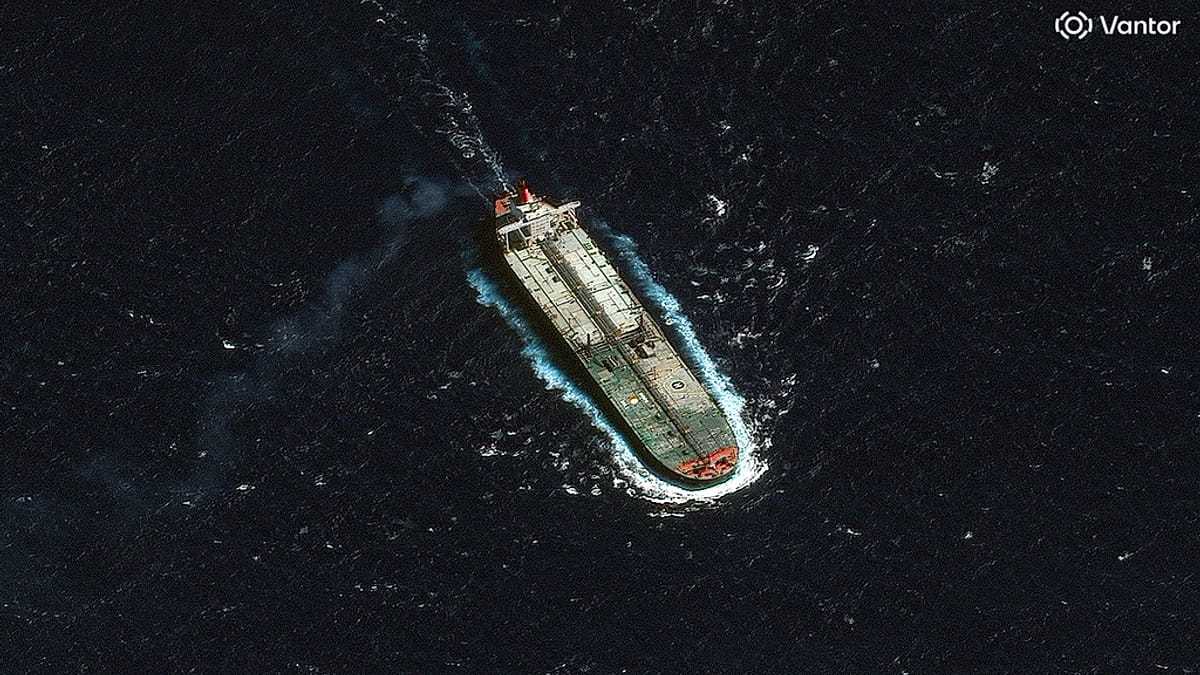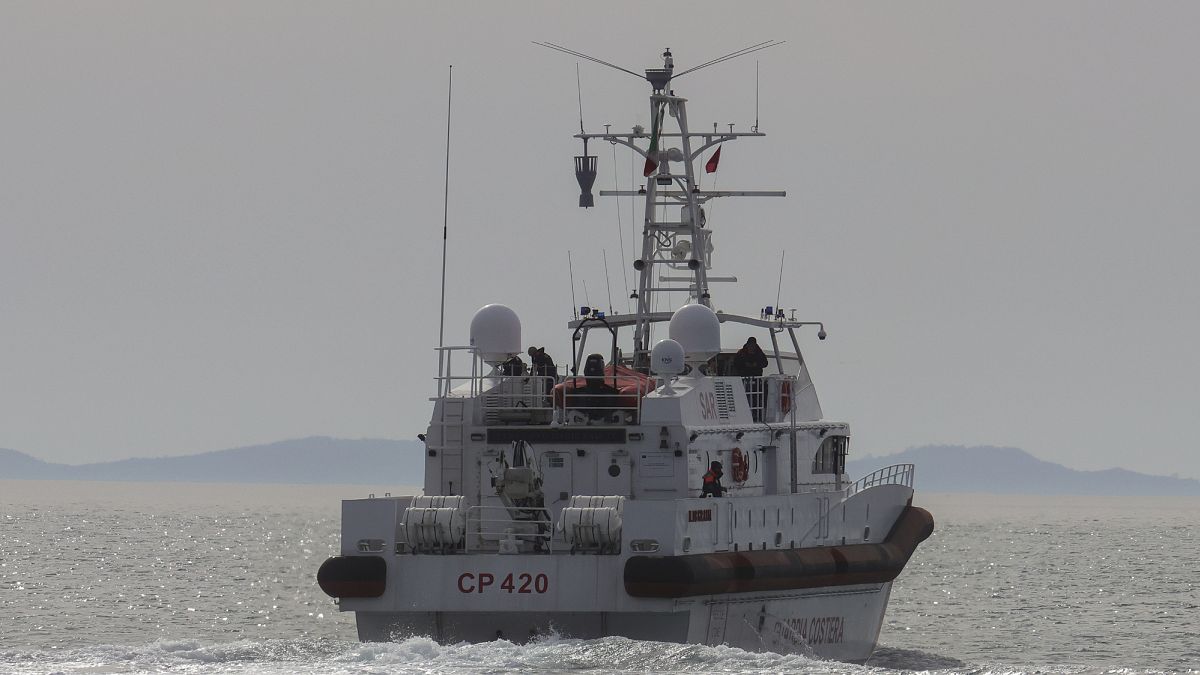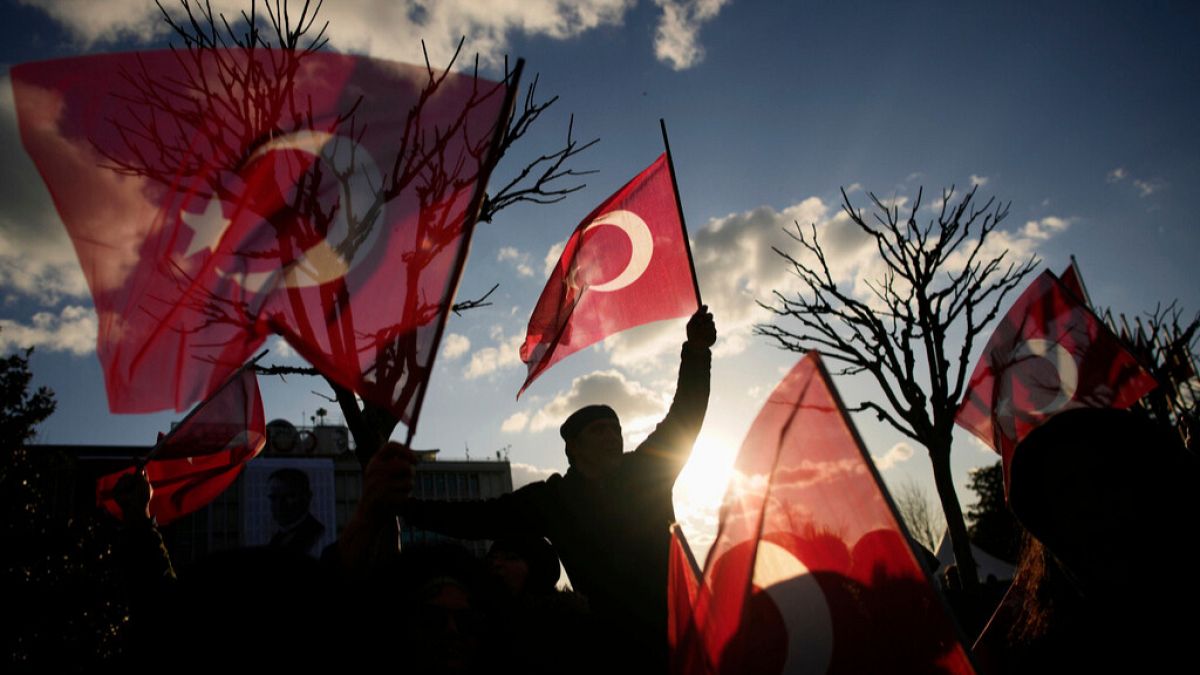Danish asylum processing is under pressure from other EU countries
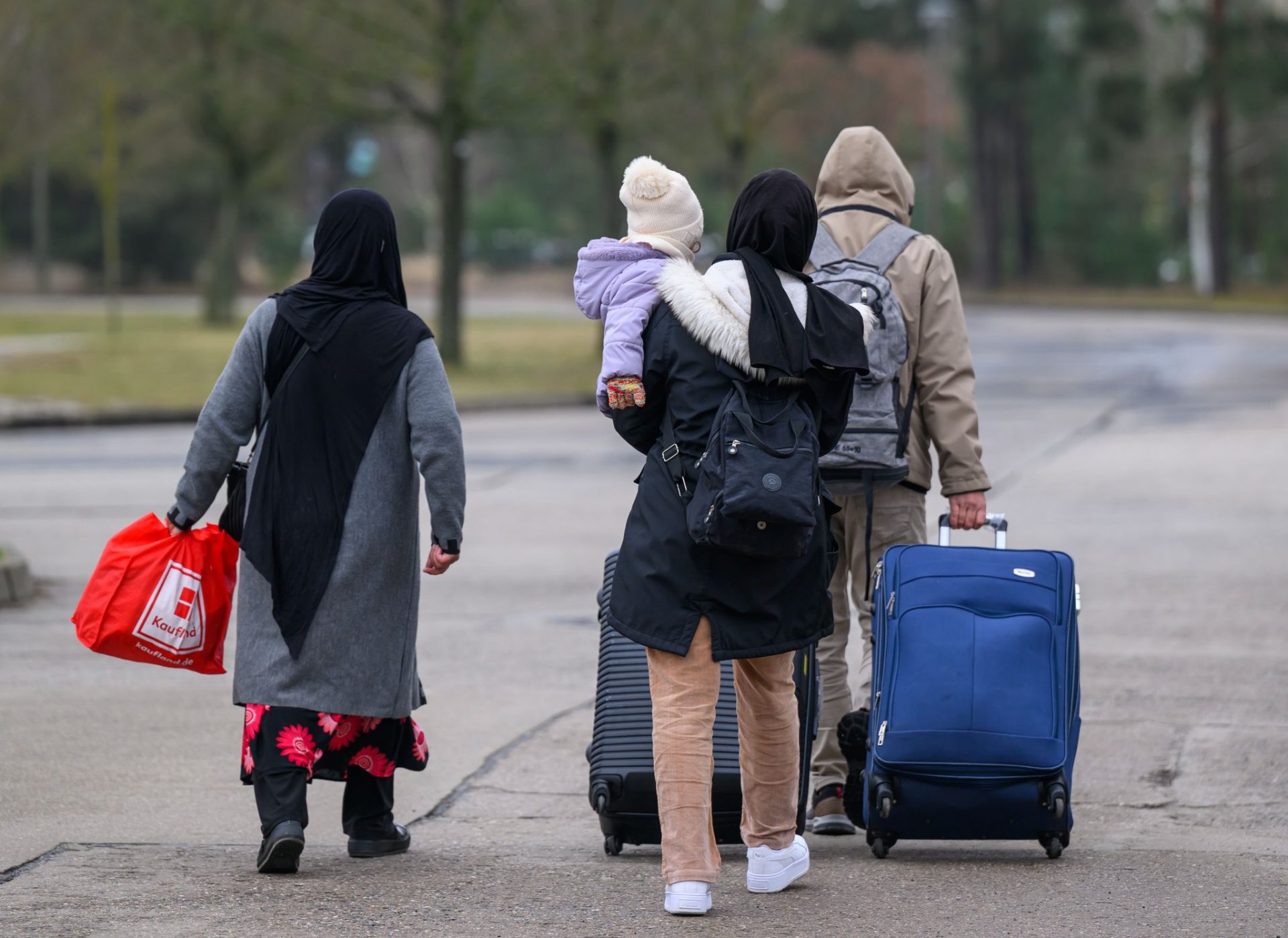
The Refugee Board had several of the so-called Dublin cases last year, which have also come with increased complexity.
This is despite the fact that the cases on paper should be simple to process. This is stated in the board’s report for 2024.
“If everyone lived up to their EU legal obligations under the Dublin Regulation, the cases would be relatively easy to deal with,” says the head of the secretariat at the board, Stig Torp Henriksen.
The Dublin Regulation is an agreement between EU countries as well as Norway, Switzerland, Iceland, and Liechtenstein. It is intended to ensure that an asylum application submitted in one of these countries is only processed by one country.
The regulation states that a person must apply for asylum in the first EU country they arrive in. If, for example, one arrives in an EU country and then travels to another EU country or perhaps Switzerland, they can be sent back to the first EU country they arrived in.
Stig Torp Henriksen points out that Dublin cases are generally processed at the chair’s discretion – without the entire board needing to convene.
“But because there are a number of countries where there may be doubts about whether they meet their EU legal obligations – for example, do not have proper reception conditions for asylum seekers, it often ends up being necessary to have a full board handle the case,” he says, emphasizing the increased complexity of the cases.
The Refugee Board is an independent body that serves as an appeals instance for the Danish Immigration Service’s decisions in the asylum area.
Among others, the Netherlands and Switzerland have been among the countries that have caused problems in 2024. This is shown by a request for information regarding the board’s overview of Dublin countries with challenges.
It is noteworthy that countries such as the Netherlands, Belgium, and Switzerland appear on the board’s list of Dublin countries with challenges. This is stated by Louise Halleskov, a professor of public law with expertise in immigration and human rights at Aarhus University.
“These are not countries known for having systemic errors in their asylum procedures or facing challenges on par with, for example, Italy, Greece, and Malta, which we have known about for many years,” she says, adding:
“This has the very practical consequence that if Denmark has asylum seekers who, under the Dublin Regulation, should be able to be sent back to, for example, the Netherlands, but the Netherlands has systemic errors, then the regulation and the procedure are rendered ineffective,” she says, elaborating that this could mean that Denmark would generally have to process more asylum seekers.
She points out that EU countries have been aware for many years that the asylum system in the EU has significant challenges.
“The challenges have just steadily increased,” she says.
Stig Torp Henriksen from the Refugee Board points out that the increased number of cases and the increased complexity have become more pronounced over the years.
– At some point, it becomes so pronounced that it really is something that can be felt generally in the case processing, which has become significantly more resource-intensive, he says.
/ritzau/

